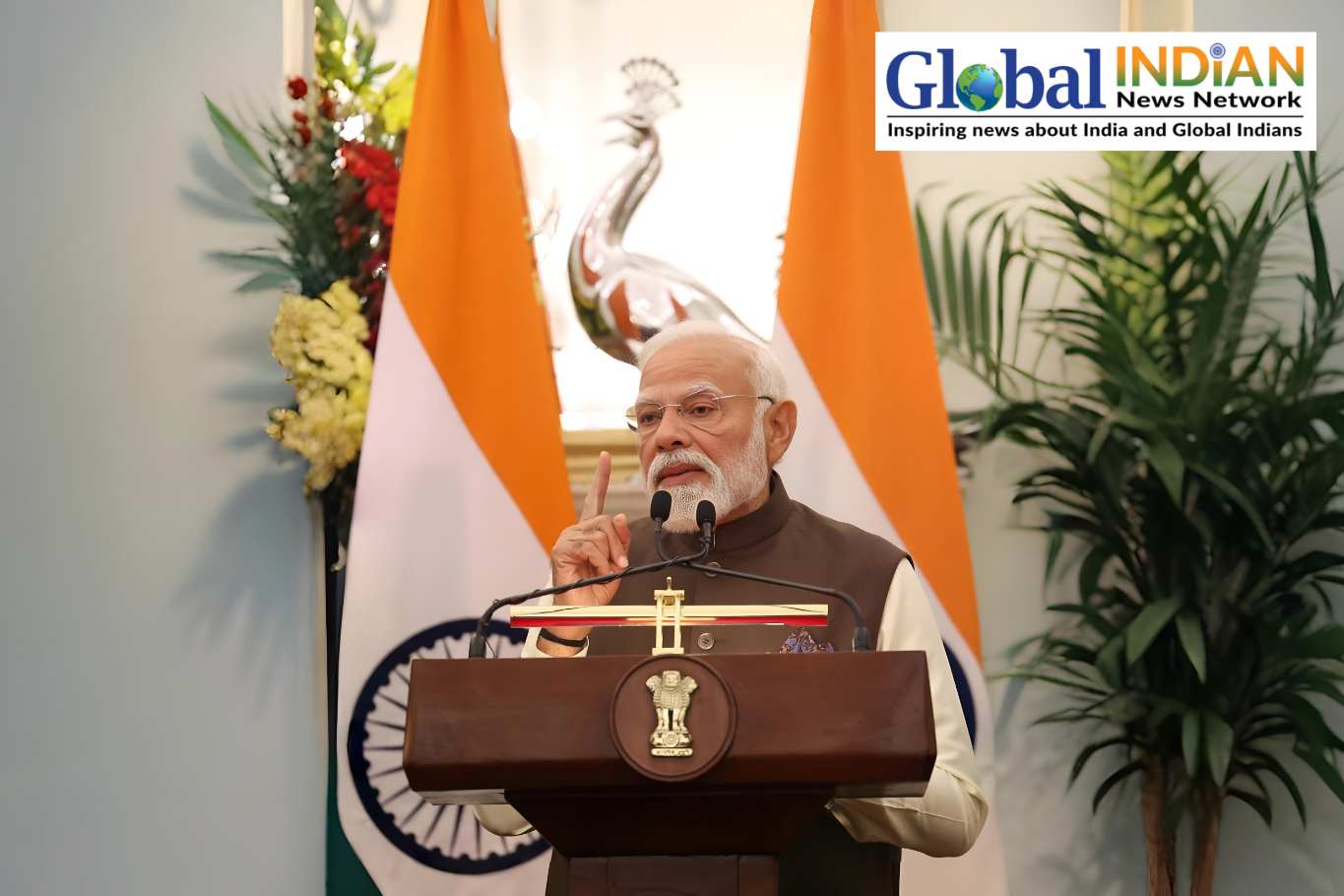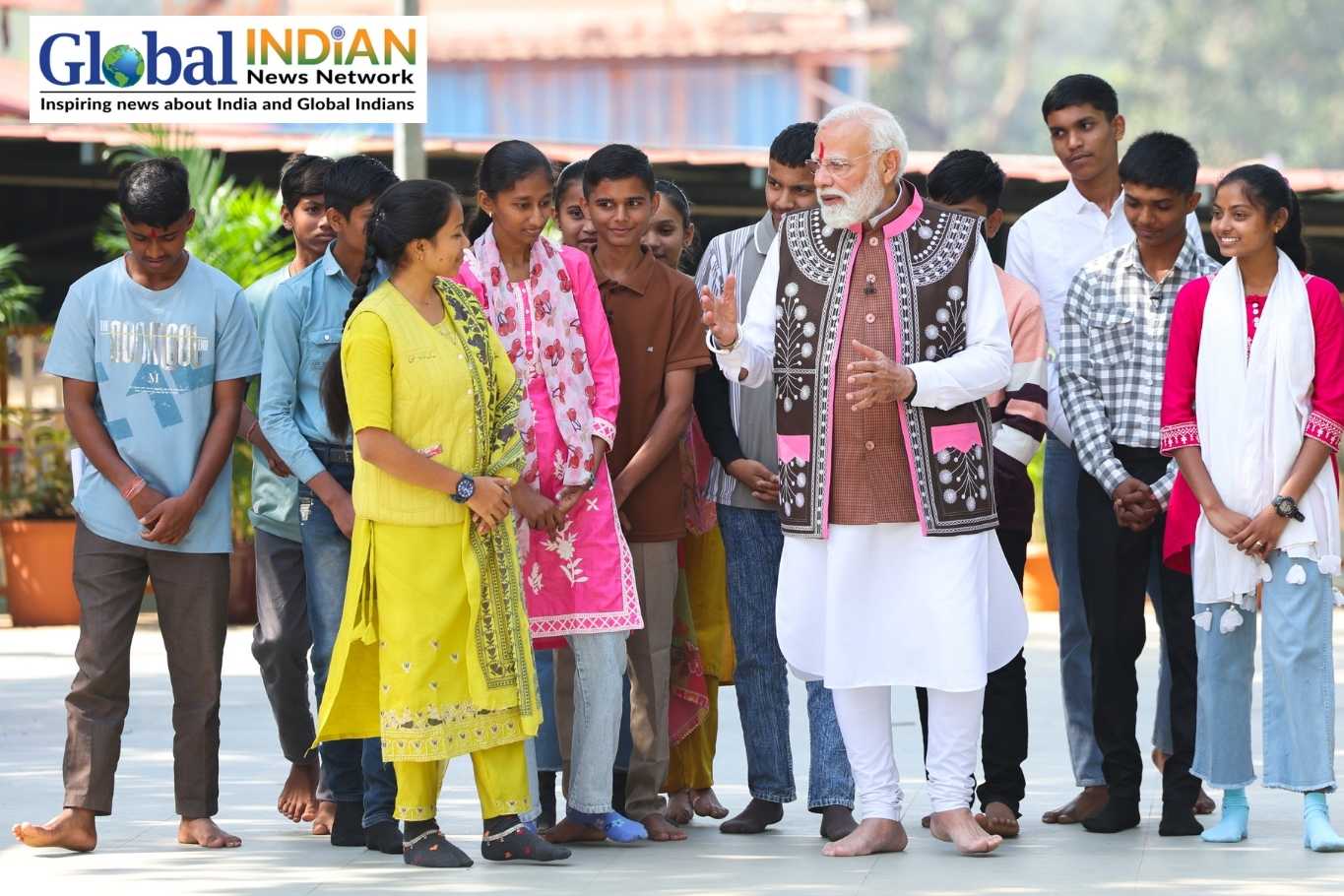
India’s renewable energy ministry has secured an impressive $386 billion in investment commitments from banks and financial institutions, aiming to accelerate the country’s decarbonization efforts. This announcement was made by the Renewables Minister, Pralhad Joshi, during the RE-Invest conference held in Gandhinagar, Gujarat. The investment pledges are intended to help India achieve its ambitious goal of more than doubling its clean electricity capacity by 2030, with a target of 500 gigawatts of non-fossil fuel capacity by the decade’s end.
Minister Joshi highlighted the urgency of scaling up clean energy production, as the country needs to add around 44 gigawatts of renewable energy annually through 2030. This is a significant leap from the average growth rate of the past five years. To meet these ambitious targets, project developers and investors were asked to submit their financial commitments ahead of the conference.
India, the third-largest carbon emitter globally after China and the US, has been rapidly expanding its renewable energy sector in recent years. The country’s rising electricity demand has drawn significant interest from investors. However, several challenges still hinder progress, including transmission bottlenecks, delays in land acquisition, and a mismanaged power distribution system. These obstacles must be addressed to ensure faster and more efficient installation of renewable energy projects.
The RE-Invest conference served as a platform for project developers, debt and equity investors, manufacturing companies, and government policymakers to come together and discuss solutions to these issues. Additionally, states, which own most of the power retail network, were asked to outline the reforms they plan to implement to accommodate a larger influx of green energy.
India’s renewable energy sector has been gaining momentum, but tripling the country’s renewable capacity will require overcoming these systemic hurdles. The $386 billion investment commitment marks a significant step forward in ensuring that India stays on track to meet its 2030 goals and continue its journey towards a greener, more sustainable future.









